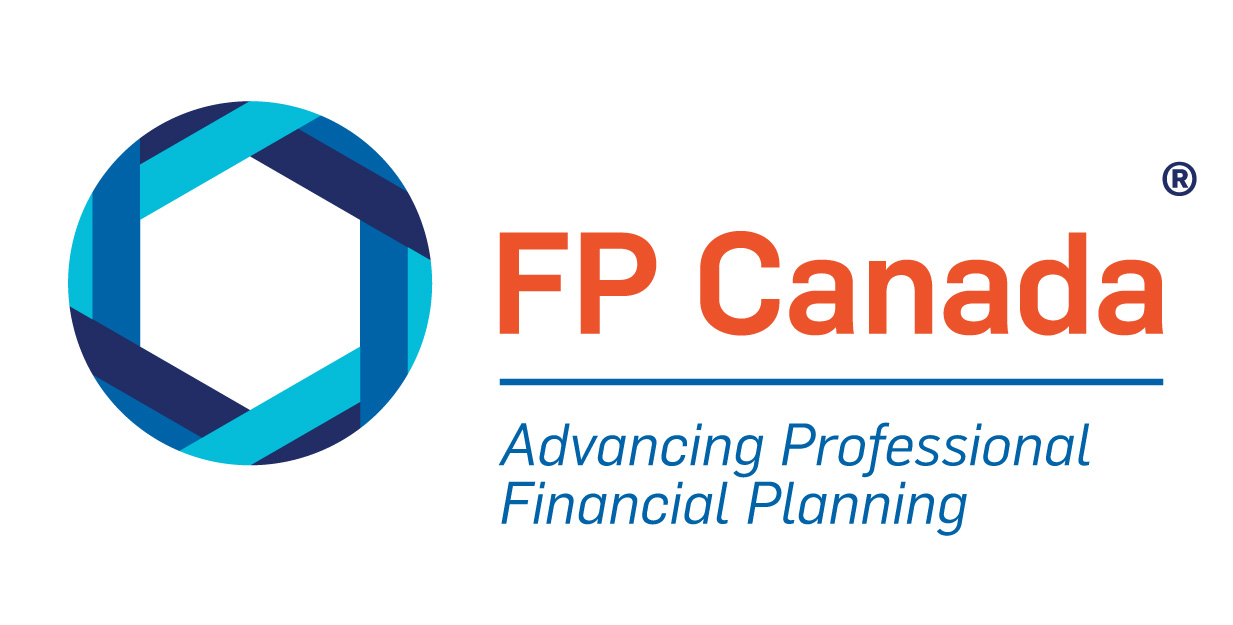Even though we may know what’s best for us, following through on our commitments doesn’t always come easily.
An All-Too-Common Problem
It’s common to think of financial planning as something you’ll get to one day in the future. Often, it’s not until we face some sort of financial emergency that we realize we’re not as financially stable as we thought. Even when an individual sees a Certified Financial Planner® professional or Qualified Associate Financial Planner™ professional and works with them to develop a plan, they commonly fail to implement it. Why do we fail to follow through with our intentions?
”If I tend to rely on my usual decision, the status quo, it might help me in my coffee choices, but it’s not so helpful when it comes to getting started on financial planning.”
The Implementation Gap
The question of why we procrastinate is more complex than we realize. Fortunately, we can look to science to shed light on this failure to act, which researchers call the “implementation gap.”
“Science tells us that people are able to be rational but only to a limited degree,” said Michelle Hilscher, Ph.D.
Hilscher is Director at BEworks, a firm that specializes in behavioural economics research. “We have limits on our time, energy, and willpower to start and follow through on tasks and plans.”
We also develop mental shortcuts to support decision-making, she continued. “Take a straightforward decision like what size of coffee to choose. Our mental shortcut may be, ‘I will choose what the person with me is choosing,’ or ‘I’ll do what I usually do.’ If I tend to rely on my usual decision, the status quo, it might help me in my coffee choices, but it’s not so helpful when it comes to getting started on financial planning.”
According to Hilscher, when trying to motivate people to act, organizations and individuals often rely on strategies that seem logical, but don’t work. One example would be giving them more information or highlighting the negative consequences of not acting.
Applying Behavioural Finance to Real-World Situations
Financial planners and their clients can benefit from understanding behavioural principles. “As a consumer, when you walk in the door to have a conversation with a CFP
® professional, you bring with you many biases and access to mental shortcuts that promote unconscious decision-making,” said Hilscher. “These mental habits make the implementation gap likely, no matter what your financial planner says or what the financial plan contains.”
Hilscher describes two behavioural tendencies that could be holding you back - and strategies for overcoming them:
1. “Satisficing”
“Satisficing” combines the terms “satisfy” and “suffice.” It describes our common tendency to feel satisfied with ourselves for taking one step towards a goal and then losing the energy needed to take more substantial action. For example, you go to a meeting with a financial planner to receive your financial plan and now feel justified in not doing anything else. “Satisficing” dampens your motivation.
Building an implementation plan can help you overcome this tendency. Having a clear picture of the steps required to put the plan into effect can help you take action.
2. Reciprocity
As a client, you want to validate your financial planner’s advice and show that you support their efforts on your behalf. This can lead you to remain silent when you don’t understand their advice. You may feel like questions could disrupt the relationship you’ve formed, or signal that you don’t think the planner is doing a good job.
One tactic that can help you counteract the pressure imposed by reciprocity is pre-commitment. Write your questions out and share them with your financial planner before you meet with them. This will prevent you from feeling like you're questioning their expertise or recommendations. This also ensures that you’re both pre-committed to talking about the issues that matter most to you.
By keeping these concepts in mind when working with your financial planner, you can overcome barriers - and stay on track toward your financial goals.
To find a CFP
® professional or QAFP
® professional in your area who can act as your financial guide, use our
Find Your Planner tool.

 Find Your Financial Planner
Find Your Financial Planner

